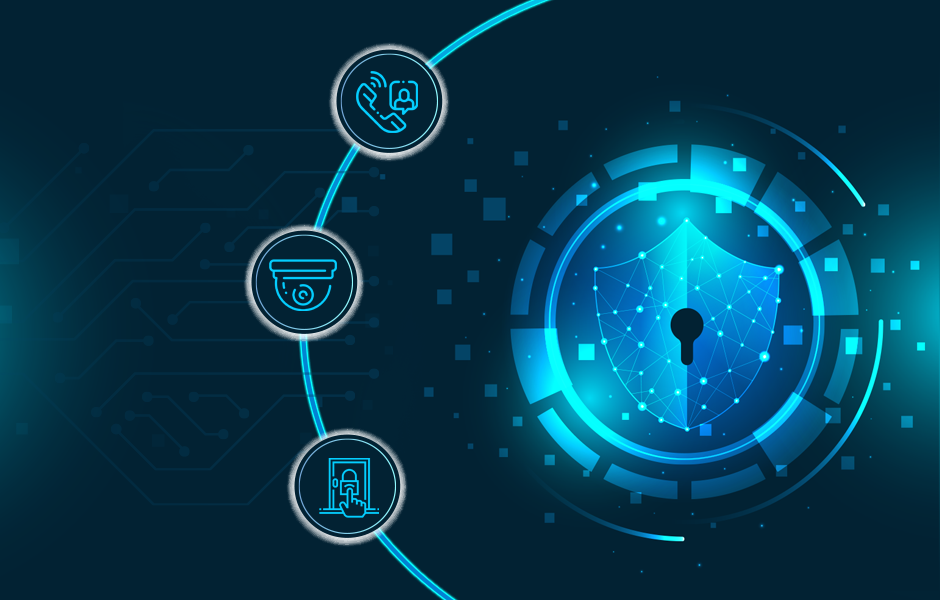In an era marked by rapid technological advancements, the landscape of access control systems is undergoing a transformative evolution. As we stand at the cusp of tomorrow, the future of access control systems promises to be a seamless blend of cutting-edge technologies, addressing not only security concerns but also ushering in unprecedented levels of convenience and efficiency.

Biometric Authentication Takes Center Stage
One of the most significant strides in access control technology is the increasing reliance on biometric authentication. Tomorrow’s access control systems are moving beyond traditional methods like key cards and PIN codes, embracing biometric identifiers such as fingerprints, facial recognition, and even iris scans. These biometric markers offer a level of security that is both robust and convenient, ensuring that access is granted only to authorized individuals. Facial recognition technology, in particular, is becoming more sophisticated, enabling quick and accurate identification. This not only enhances security but also streamlines the entry process, making it frictionless for authorized personnel and learn more at https://southtexasss.com/access-control/. As these technologies continue to evolve, the potential for false positives and negatives decreases, making biometric authentication a cornerstone of future access control systems.
Integration of Artificial Intelligence
Artificial Intelligence is set to play a pivotal role in the future of access control systems. Machine learning algorithms can analyze vast amounts of data to identify patterns and anomalies, enhancing the system’s ability to detect and respond to potential security threats. AI-driven access control systems can adapt to changing circumstances, learning from user behavior and adjusting security protocols accordingly. Predictive analytics, powered by AI, will enable access control systems to anticipate security risks before they occur. This proactive approach to security is a game-changer, allowing organizations to stay one step ahead of potential threats and mitigate risks effectively. As AI technologies become more sophisticated, their integration into access control systems will be instrumental in securing tomorrow’s environments.
Blockchain for Enhanced Security
The advent of blockchain technology is poised to revolutionize the security landscape of access control systems. Blockchain’s decentralized and tamper-resistant nature makes it an ideal solution for ensuring the integrity and confidentiality of access data. By decentralizing access control information, blockchain minimizes the risk of unauthorized manipulation and ensures a transparent and immutable record of access events. Blockchain’s secure and transparent nature also facilitates seamless collaboration between different access control systems, enabling interoperability across diverse platforms. This interconnected approach enhances the overall security infrastructure and creates a unified ecosystem that is resilient to cyber threats.
Mobile Access and IoT Integration
The future of access control systems is mobile, with smartphones becoming the primary means of authentication. Mobile access credentials eliminate the need for physical cards or key fobs, offering users greater convenience and reducing the risk of credential loss or theft. Additionally, the integration of Internet of Things IoT devices further enhances the capabilities of access control systems, allowing for intelligent communication between various connected devices.
Tomorrow’s access control systems will leverage IoT to create smart environments that can dynamically adjust security parameters based on real-time data. For instance, access privileges could be modified based on the time of day or specific events, ensuring that security is always tailored to the current situation.